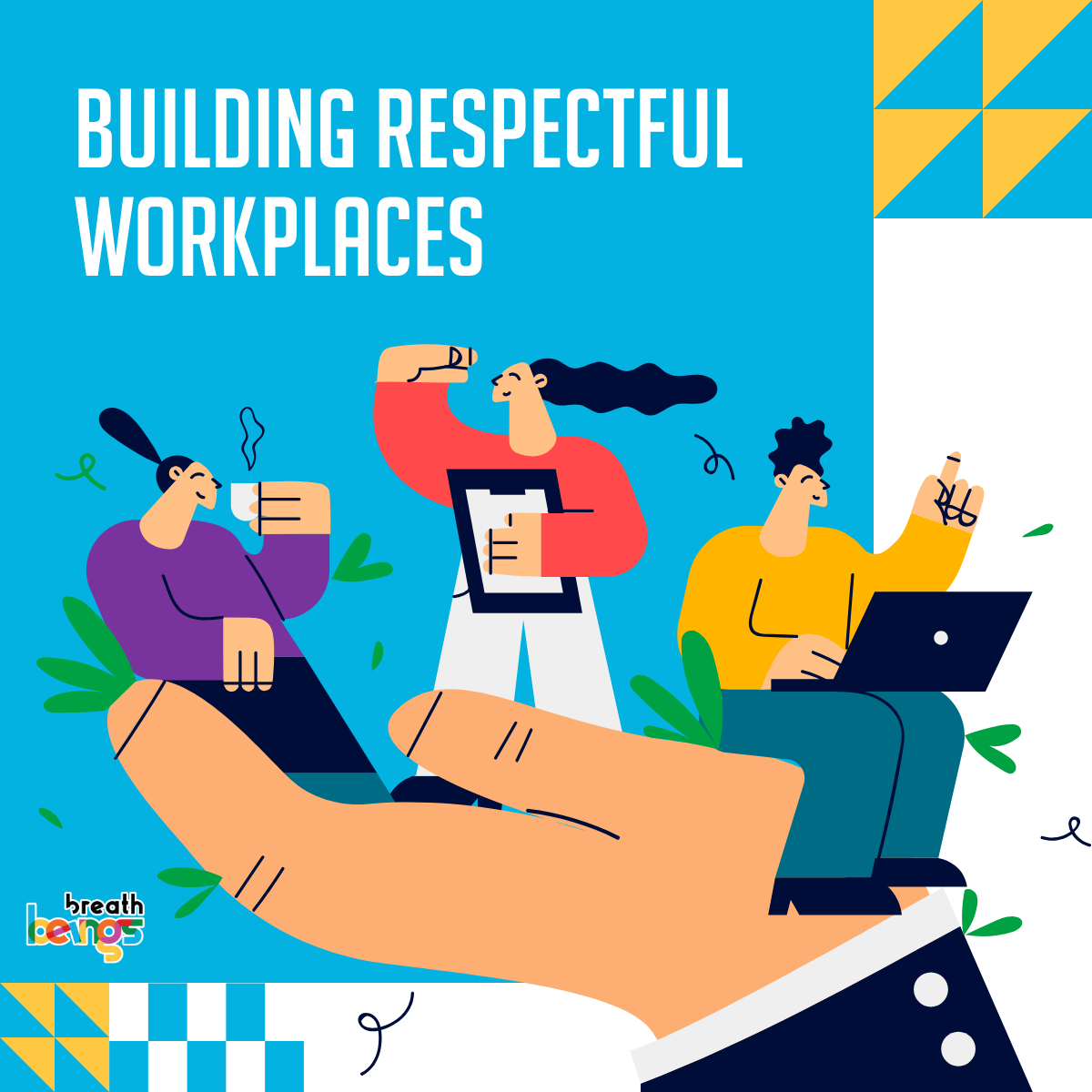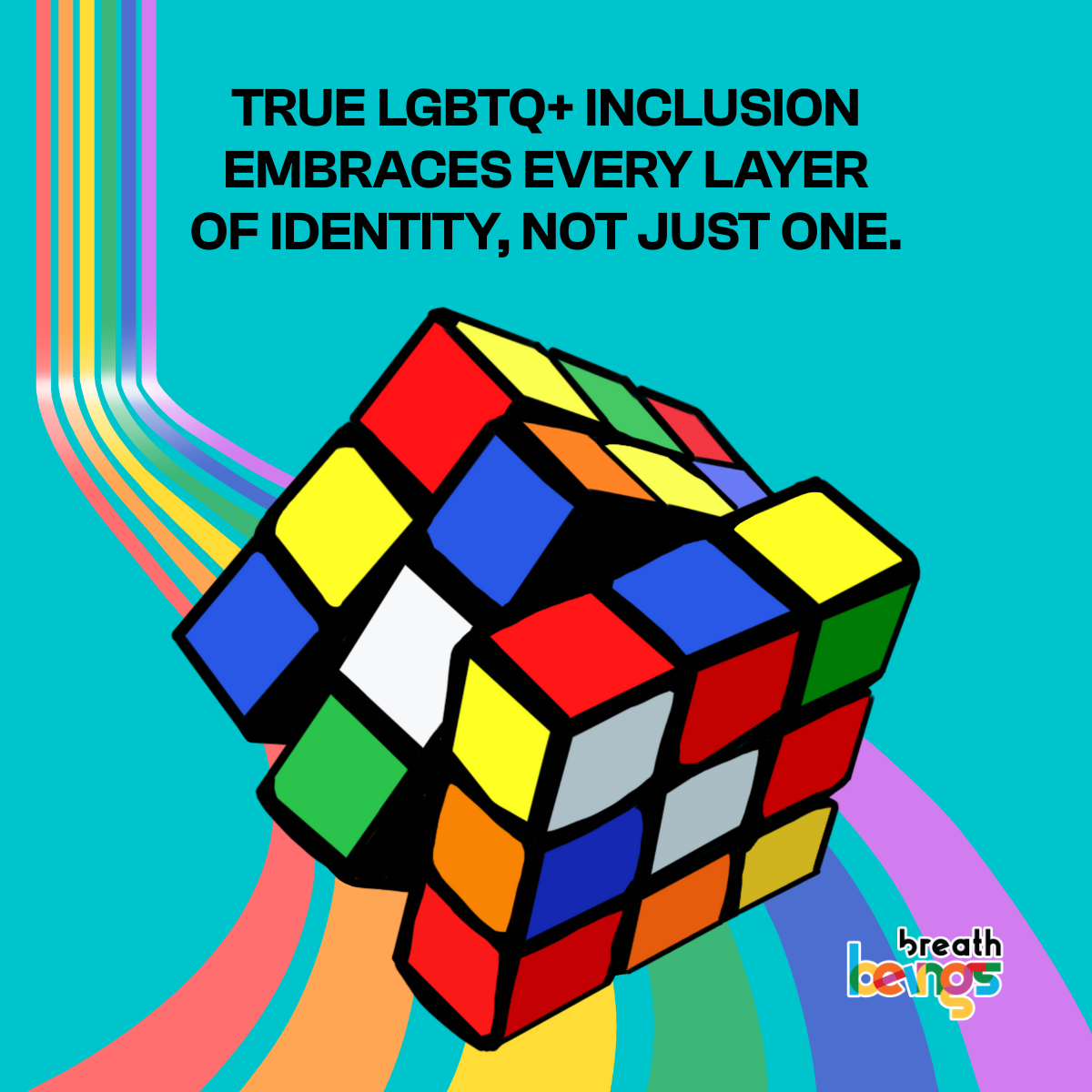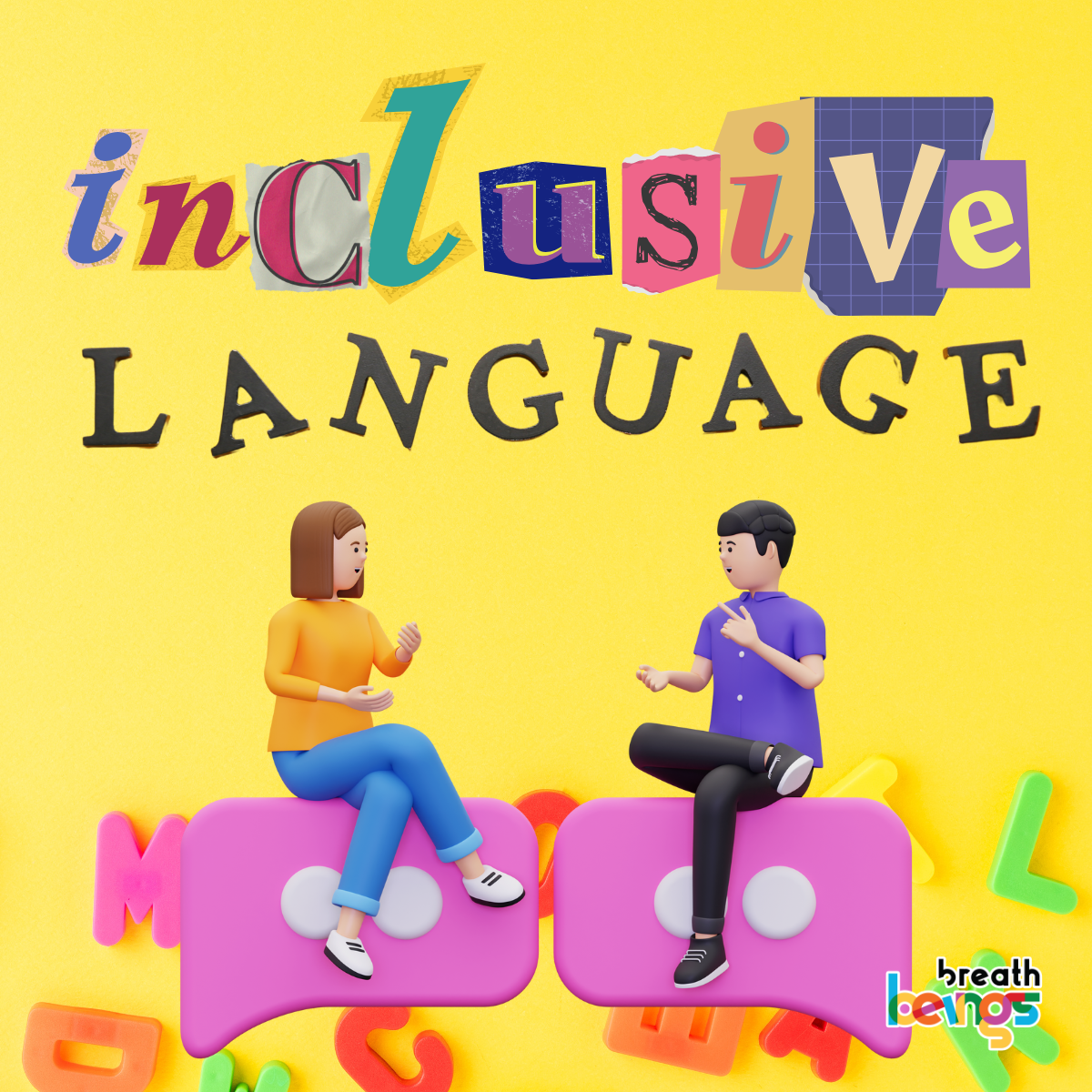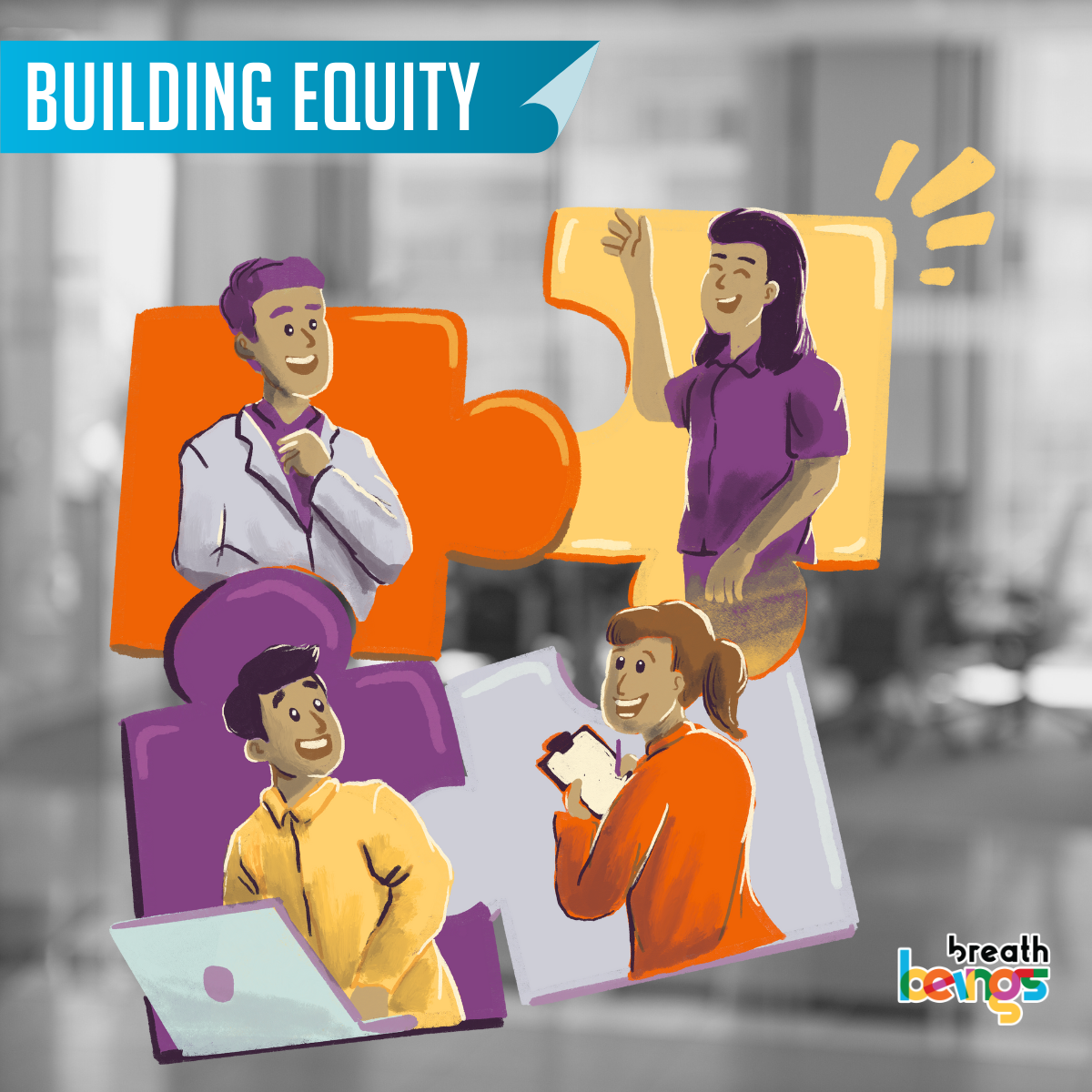In November, 2024, hundreds of excited voices filled the offices of ElevenLabs, a startup specializing in AI speech software, at their offices in London and New York. A hackathon was about to begin. Teams had to work nonstop for hours to display their expertise and creativity and potentially be hired.
If you think this is a new-age startup phenomenon, hold on. Google’s Associate Product Manager (APM) program offers competitive opportunities for graduates and individuals who are still at the early-career stage.
‘Catch them early’ seems to be the mantra for companies today. Roles that once focused on learning the ropes now have pivoted to agile thinking, ownership, and cross-functional collaboration and often from day one. But while many young professionals thrive in this high-expectation environment, for women starting out, this presents both opportunity and complexity.
This is because women who are early in their careers are struggling with more stuff than just their immediate job responsibilities. They’re learning how to advocate for themselves, make themselves heard in rooms that still skew older and male, and set professional boundaries in cultures that reward constant availability. Systemic realities shaped by years of workplace norms are walls that women have to scale constantly.
Yet, what often goes unnoticed is how formative this stage is. This early stretch in their career shapes how women approach leadership and self-advocacy and keep the ever-present self-doubt at bay.
That’s where women’s leadership development programs come in. Programs built specifically for early-career women address this head-on. But why have programs particularly for women?
Here are a few reasons why and how they help women in more ways than one.
Early Career Barriers often Exist Beneath the Surface
In many organizations, early-career development is structured around functional skills – how to manage time or work across teams, for example. But women stepping into these roles often face invisible challenges.
One of the biggest is a lack of confidence. Many early-career women struggle with self-doubt, even when their performance is strong. They hesitate to present ideas or push back on feedback, especially when navigating team hierarchies for the first time. The issue isn’t a lack of competence, but rather a deep uncertainty around how their presence will be received.
How programs address it:
Early-career programs, especially a well-designed women’s leadership training program focus, on reframing self-perception and building confidence through practical, repeatable strategies, which help women identify and articulate their unique capabilities. Facilitated sessions encourage women to reflect on small wins and practice telling their success stories, differentiate between projected confidence vs. actual performance after key tasks, and help normalize accomplishments.
Setting boundaries without fear of judgment
Boundary setting is another area where early-career women frequently struggle with. Aware of already existent, rampant biases, women often say yes to everything, fearing they’ll be seen as uncooperative or not committed.
Over time, this snowballs into burnout, stress, anxiety and a host of other issues that impact work and life.
Proactive boundary setting helps sustain performance and programs teach this as a professional skill without it being perceived as a personal flaw.
How programs address it:
Realistic role-play sessions simulate conversations like declining additional work or requesting schedule changes, building confidence in handling tension.
Women learn to isolate the professional values that matter to them and practise translating them into boundary behaviors. This includes learning the “right” language – practical phrases and sentence starters to reduce anxiety around setting limits like pushing back on scope creep and time commitments.

Influencing without Authority
For women, communication plays an equally pivotal role in influencing a discussion or making their presence known.
Early-career professionals are often learning how to navigate disagreement or provide feedback. Many women find this space especially difficult to navigate, unsure how to be persuasive or assertive without coming across as abrasive or inflexible.
How programs address it:
A well-structured program can teach tactical approaches that build credibility and alignment.
Women can learn how to identify who influences decisions, present ideas through business outcomes or team goals rather than personal preference, and practice requesting, receiving, and using feedback as a lever of influence.
Strengthening Self-Advocacy and Career Ownership
One of the biggest mistakes early-career women often make is wait for recognition or feedback to come organically through performance.
Expressing career ambitions, asking for stretch roles, or negotiating development opportunities often feels self-promotional and women end up avoiding these situations.
How programs address it:
Programs focus on building mindset and language to actively shape career trajectories by crafting compelling stories about their strengths. Women are also taught to map their goals against organizational objectives, position their value, and increase visibility.
The Business Case for Investing Early
These situations don’t resolve through experience alone. They require structured support, feedback mechanisms, and a professional community that affirms both ambition and authenticity. Without this, early-career years can become defined more by avoidance than advancement.
Programs that are tailored to address these early-stage challenges provide a course correction and transform uncertainty into clarity.
From a business perspective, early-career development is often framed as a long-term investment. But for women, the impact is more immediate. When companies invest in structured development experiences for women at this stage, they’re strengthening future capabilities.
Many organizations lose promising women before they reach their full potential. Often, it’s not due to a lack of challenge, but a lack of support. And the exit interview doesn’t always reflect the true cause.
Effective programs, like the Breath Beings’ Early Career Women Program, help women build a success mindset early. And resilience comes along with it. For both employees and business.
That’s always a win-win. After all, “Employees are a company’s greatest asset – they’re your competitive advantage” as Xerox’s former CEO, Anne Mulcahy said.












